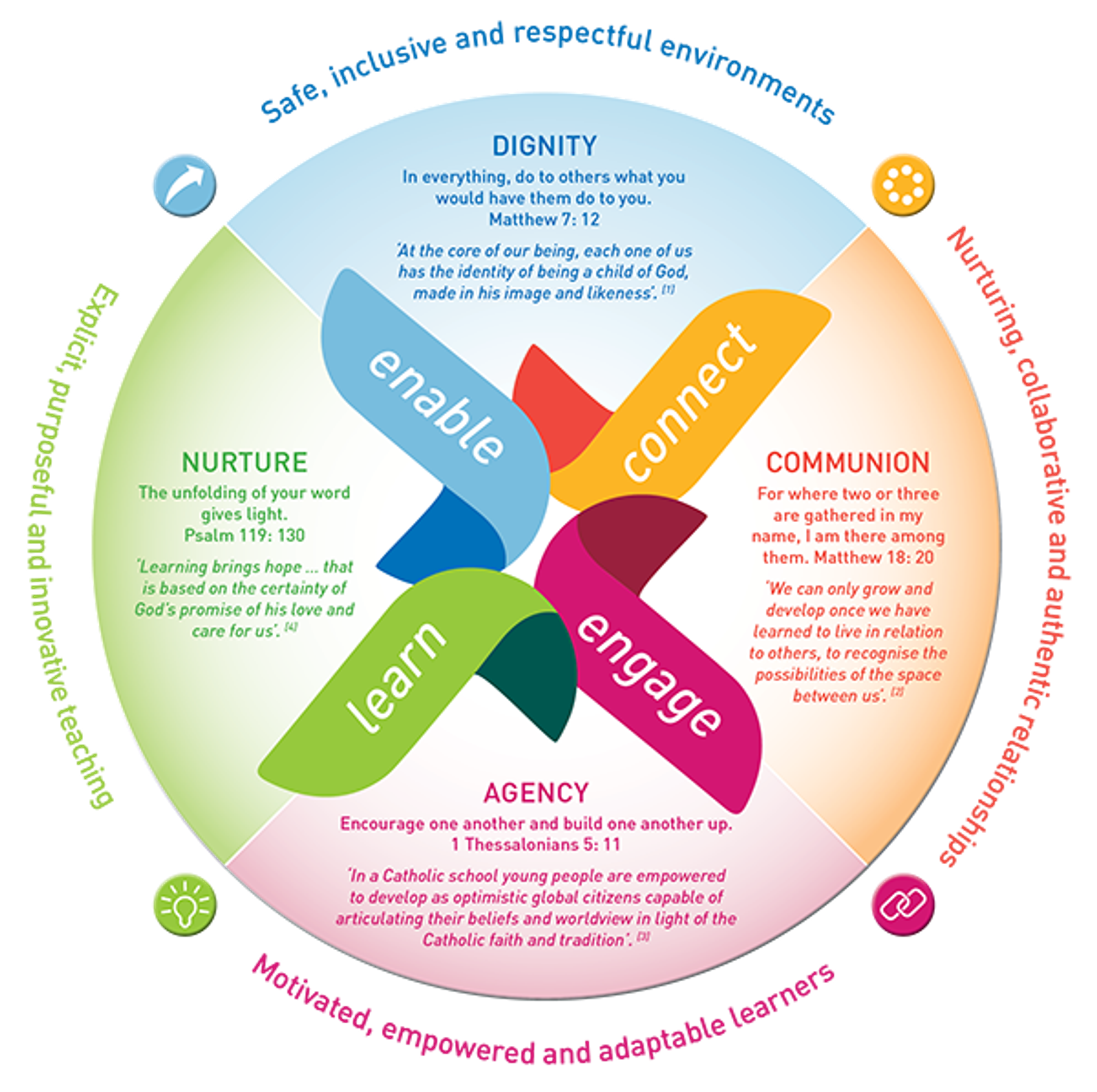Wellbeing

Returning to school anxiety-free
By Michael Grose
https://www.parentingideas.com.au/blog/returning-to-school-anxiety-free/
Going back to school after the enforced COVID-19 break is a source of mixed emotions for many children and young people. Some students, who revel in face-to-face interactions, just can’t wait to reconnect with friends and teachers. Others who have appreciated the break from constantly being emotionally switched on when at school may be reticent to return.
Regardless of how your child reacts there’s bound to be a level of anxiety attached to returning to school after such a long break. The following strategies sourced from my book, Anxious Kids, will help your child make a smooth transition back to school.
Park your expectations
School undoubtedly will be a different experience for students post COVID-19. It may require you to adjust your expectations, particularly academically, so patience is definitely required. Education is a long game, so if you are worried about your child missing the educational beat, recognise that this experience has been a blip on the educational curve. It’s worth remembering that anxiety loves company. Park your expectations for a time, so your child won’t pick up your anxieties.
Understand that their anxiety is real
An anxious child desperately wants a parent to understand that they feel anxious and apprehensive. Even if, you can’t comprehend the impact that a return to school has on their state of mind and physiology, recognise that their anxiety is real. “Ah, I see you’re worried that you won’t know what to do when you go to school” is the type of response that an anxious child wants from a parent. Validating your child’s feelings will help them feel safe and secure, putting them in a good position to make a return to school. “Mum/dad know that I’m feeling nervous” is very reassuring for a child.
Prepare them
Worriers and anxious types in particular, like to know what’s ahead. Prepare your child for a return by discussing the safety procedures the school will be implementing. Let young children know that an adult won’t be accompanying them past the school gate. Ask your child what they are looking forward to and check in with how they are feeling about a return. Check in regularly with how they are feeling and correct any misconceptions.
Focus on reconnection
Make reconnection the theme for your child’s return to school. He or she will have to reconnect with friends, teachers and learning, which takes time. In all likelihood, your child’s teachers will use many strategies to help your child connect with their friends, reflect on their time at home and move them back into full-time learning mode. Support these activities and reassure your child that they’ll feel comfortable very soon with their school experience.
Stay off the roundabout for a while
This period will mirror the start of the school year when your child had to adjust to new teachers, different classmates and a new year level. Adjusting to change takes a great deal of personal energy, so your child or young person may become tired, grumpy, even moody at home. Make allowances for these personal changes and make sure they have plenty of free time to unwind after school to relax and play.
Take care of yourself
In recent months parents and teachers have been doing significant emotional labour. The learning and adjustment curves have been massive, with little time to relax and take a break. Consider your own emotional resources and make your wellbeing a priority, which will make it easier for you to stay calm if your child experiences difficulties.
The COVID-19 pandemic has thrown many difficulties, requiring us all to quickly adapt to new situations. Flexibility is a prime characteristic of resilient people, so if nothing else, getting through these times will make us all more resilient.
Online Mental Health Resources
Resilience, Physical Activity, Mindfulness and Gratitude
The DET and Melbourne Football Club have developed a new series of wellbeing videos. Featuring both AFL and AFLW players, the videos provide students with tips on resilience, managing stress and anxiety, gratitude, and staying active. These would be great to watch with your children.
Click here to access these videos.
Parent Resources
Click here for access to Beyond Blue - Coronavirus Support
This website is regularly updated with information, advice and strategies to help you manage your wellbeing and mental health during this time. And you can stay up-to-date by joining our email community.
Click here for access to the Student Well-being Hub Website
It includes sections for parents, teachers and students with practical strategies and resources to support your child's wellbeing.
Click here for Raising Children Network
Reliable, and up-to-date information to help your family grow and thrive together.
Click here for access to Parenting Ideas Blog
It includes articles, testimonials and practical tips on a wide variety of topics.
Click here for Iparent - Office of eSafety Commissioner
To learn about the digital environment and how to help your child have safe and enjoyable online experiences.
Click here for access to CatholicCare
It is a social service agency of the Catholic Archdiocese of Melbourne, they offer a range of programs and services that aim to build and strengthen relationships.
Positive Parenting Telephone Service 1800 880 660
Participants complete a workbook or online modules which are supported by weekly 30 minute phone calls with a trained parenting educator. All of this can be done from the comfort of your own home at a time that suits you.
Parentline 13 22 89
Parentline is available 8am to midnight, 7 days a week. It is a confidential and anonymous phone counselling service for parents and carers of children and teenagers in Victoria.
